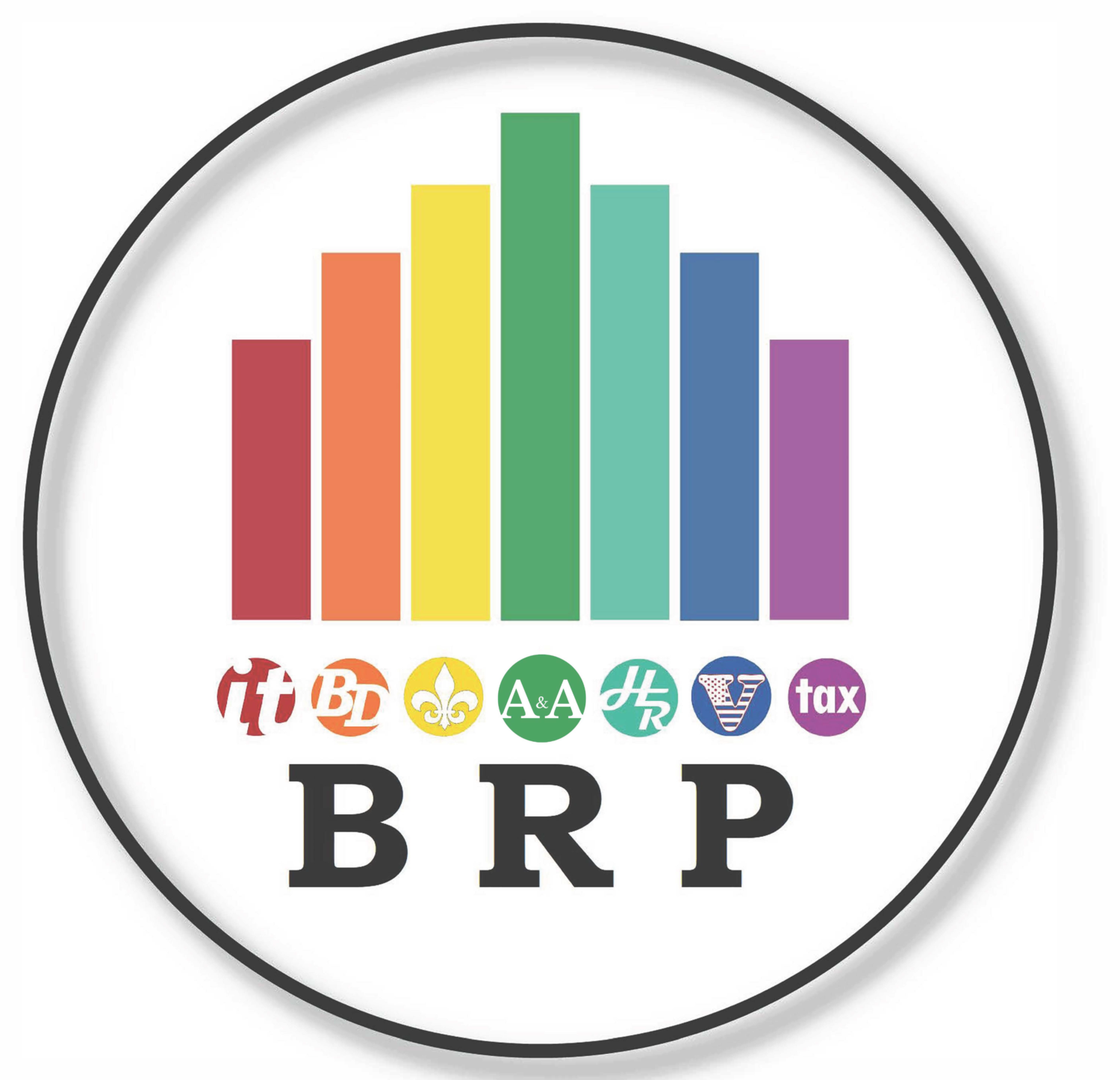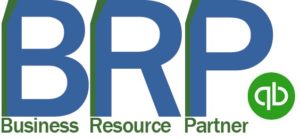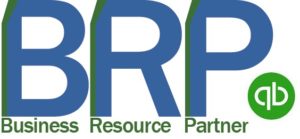Web Marketing Trends for 2017 and Optimizing for Mobile Device

Effective marketing for your business can make all the difference in its success. Learn from the experts how to expand your customer base with new trends and strategies!
When?
Wednesday, April 26, 2017
What time?
11:30AM to 1:00 PM
Where? (CHANGE FROM ORIGINAL LOCATION)
1250 North Hancock Road Clermont FL, 34711
Building 2, Room 102 & 103
How do I sign up?
This event is free but registration is required and seats are filling up fast! Visit the registration page to secure our seat to this event.
For information on this, and future events of the SBRN, see the flyer we have included below.


 Protecting your personal information such as social security number and finances is always important any time of year, but most importantly during tax time.
Protecting your personal information such as social security number and finances is always important any time of year, but most importantly during tax time.





